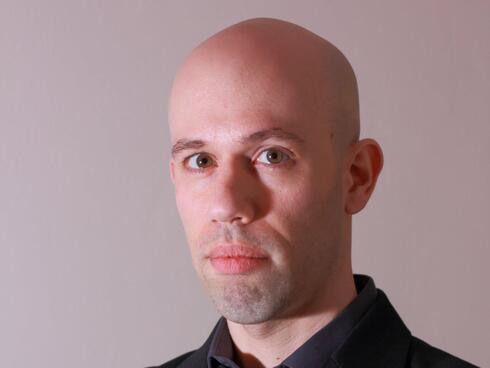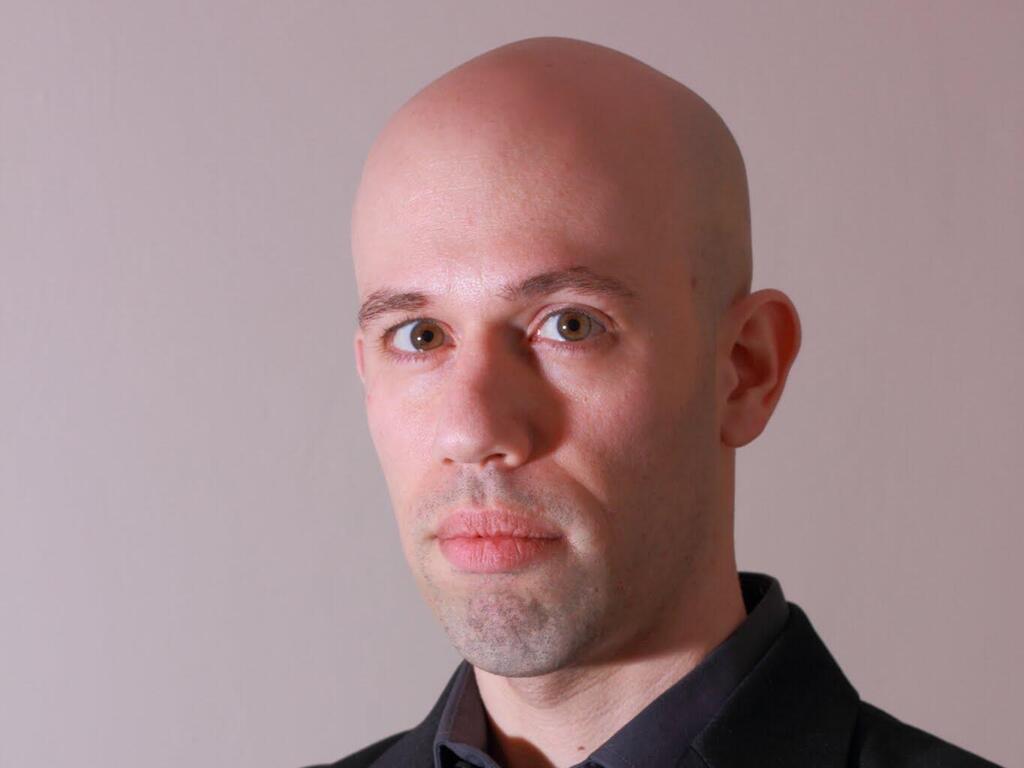
J.P. Morgan affirms commitment to Israel through expanded local tech center
The global bank has a center in Israel that is partly responsible for Athena, its risk and trade management platform
While some companies around the world are wary of running the risk of pro-Palestinian boycotts due to Israel’s ongoing war with Hamas, multinational financial services firm J.P. Morgan Chase & Co. is reaffirming its commitment to the country with the expansion of its Israel Tech Center in Herzliya, home to its risk and trade management platform Athena.
“This is an extremely central platform for J.P. Morgan overall,” said Nir Shahaf, Head of J.P. Morgan's Israel Tech Center. “All the traders in J.P. Morgan all over the world are trading and relying on these systems to process the trades. These systems take care of all the regulatory reporting and risk management and ensure traders know what they're doing is right and they're making the right decisions... everything is run on top of this platform.”
Shahaf runs the J.P. Morgan Israel Tech Center but also leads the engineering team at Athena. Operating out of the Center, Israel’s local team can largely be credited for helping the bank with its transactions all over the world. “My engineering team is building the core of this platform and a large chunk of my team is here in Israel,” he confirms. “The part of the Tech Center that is most successful is the development of the core technology that is key and essential for the bank corporation.”
The Tech Center, which recently celebrated its 10th birthday, has grown from roughly five employees to 130 and is currently looking at recruiting more. It is structured in a way that allows for more than 10 ‘sub-lines’ of business within it that build technology to help the bank with faster and more accurate data and services.
Athena is part of the Business Markets sub-line of J.P. Morgan, but other teams at the Center focus on technology for government, bonds, corporate bonds, equities, and more. These teams operate somewhat independently from each other but are encouraged to form relationships with one another when relevant. It also has an arm helping J.P. Morgan invest in startups and facilitate investment in the local ecosystem.
The bank on a global scale has remained publicly supportive of Israel following the attack by Hamas on October 7. In a companywide memo sent by CEO Jamie Dimon and its executive committee in the days following the attack, the company wrote that “Terrorism and hatred have no place in the civilized world. As Jamie said in his note this past weekend, Hamas' horrific attack on Israel and its people and the resulting war and bloodshed are a terrible tragedy.” Shahaf added that the local teams “saw a lot of support from senior leadership both broadly but also directly to the employees here.”
Such a public statement in support of Israel in the days following the outbreak of the war was significant, especially when corporations ran the risk of pro-Palestinian backlash and boycotts. Starbucks, which doesn’t even have a presence in Israel and held no official stance on the war, saw its market value drop by $11 billion in December, due to perceived support for Israel.
As a new year begins, the Tech Center is determined to continue recruiting top talent, despite a turbulent time in the economy and with much of Israel’s tech sector currently fighting in army reserves. Shahaf admits the hiring boom of 2021 caused a challenge for the Center in acquiring top talent for growth, however, the market is now matching J.P. Morgan’s more conservative approach to recruitment. “When 2023 came in, when things started feeling a little shaky, we took a step back. We continued hiring but slower,” he explained. “Today, it is about maintaining a steady pace and hiring to modernize platforms and build new solutions.”















